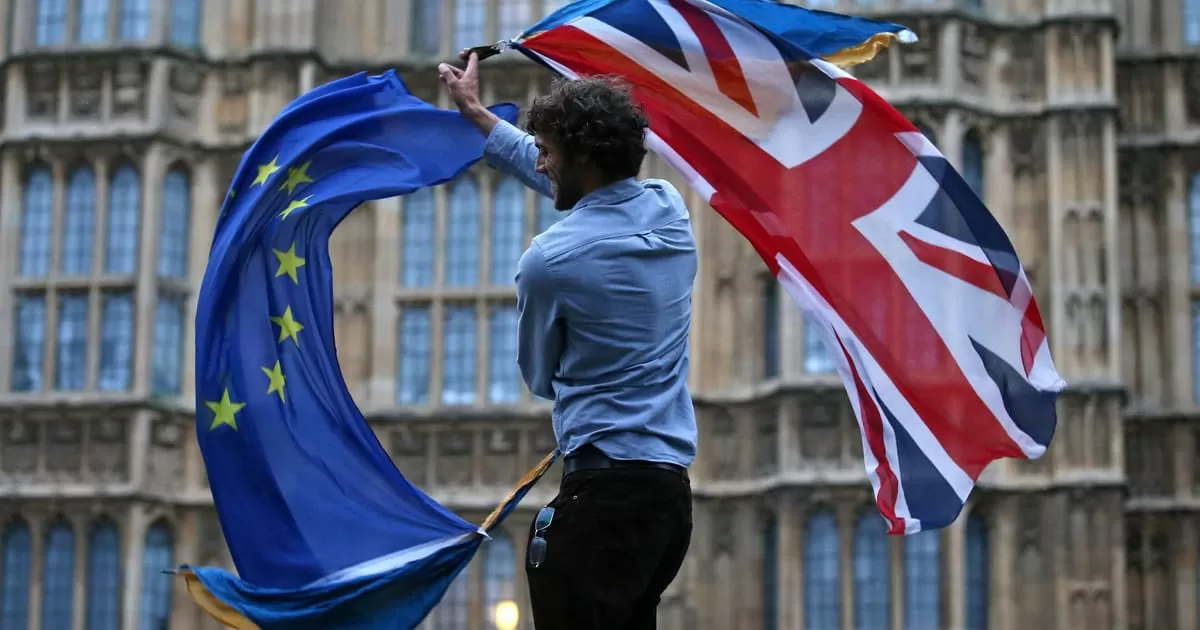Young people in the United Kingdom have been hit particularly hard by Brexit, according to the European Commission’s Vice-President Maroš Šefčovič. In a recent statement, Šefčovič expressed his concern for the impact of Brexit on the younger generation, highlighting the challenges they face in the wake of the UK’s departure from the European Union.
Šefčovič emphasized that young people have been one of the most vocal and passionate groups in the debate surrounding Brexit. They have been actively engaged in discussions and have made their voices heard, expressing their desire to remain part of the EU. However, with the UK’s departure from the EU, their future has been thrown into uncertainty.
The Vice-President pointed out that young people have been particularly affected by the loss of opportunities that came with EU membership. The freedom to study, work, and travel within the EU has been a significant advantage for young people, providing them with valuable experiences and opportunities for personal and professional growth. With Brexit, these opportunities are now limited, and young people are left wondering what their future holds.
Furthermore, Šefčovič highlighted the economic impact of Brexit on young people. The UK’s departure from the EU has caused a significant decline in the value of the pound, making it more expensive for young people to travel and study abroad. This has also affected the job market, with many companies relocating their operations to other EU countries, resulting in fewer job opportunities for young people in the UK.
The Vice-President also expressed his concern for the impact of Brexit on the younger generation’s mental health. The uncertainty and instability caused by Brexit have taken a toll on the mental well-being of young people. They are facing an uncertain future, with limited opportunities and a sense of detachment from the rest of Europe. This has led to increased anxiety and stress among young people, affecting their overall well-being.
Šefčovič stressed the need for the EU and the UK to work together to mitigate the negative impact of Brexit on young people. He called for measures to be put in place to ensure that young people are not left behind and that their voices are heard in the negotiations between the EU and the UK. He also urged both parties to prioritize the interests of young people and to find solutions that will allow them to continue to benefit from the opportunities that come with EU membership.
The Vice-President also highlighted the EU’s commitment to supporting young people in the UK. The EU has launched various initiatives, such as the Erasmus+ program, to provide young people with opportunities for education, training, and cultural exchange. These programs will continue to be available to young people in the UK, despite Brexit, demonstrating the EU’s dedication to supporting the younger generation.
In conclusion, Vice-President Šefčovič’s statement serves as a reminder of the impact of Brexit on young people in the UK. They have been hit particularly hard by the UK’s departure from the EU, facing challenges in terms of opportunities, the economy, and their mental well-being. However, the EU remains committed to supporting young people and finding solutions to mitigate the negative effects of Brexit. It is crucial for both the EU and the UK to prioritize the interests of young people and work together to ensure that they are not left behind in the aftermath of Brexit.

